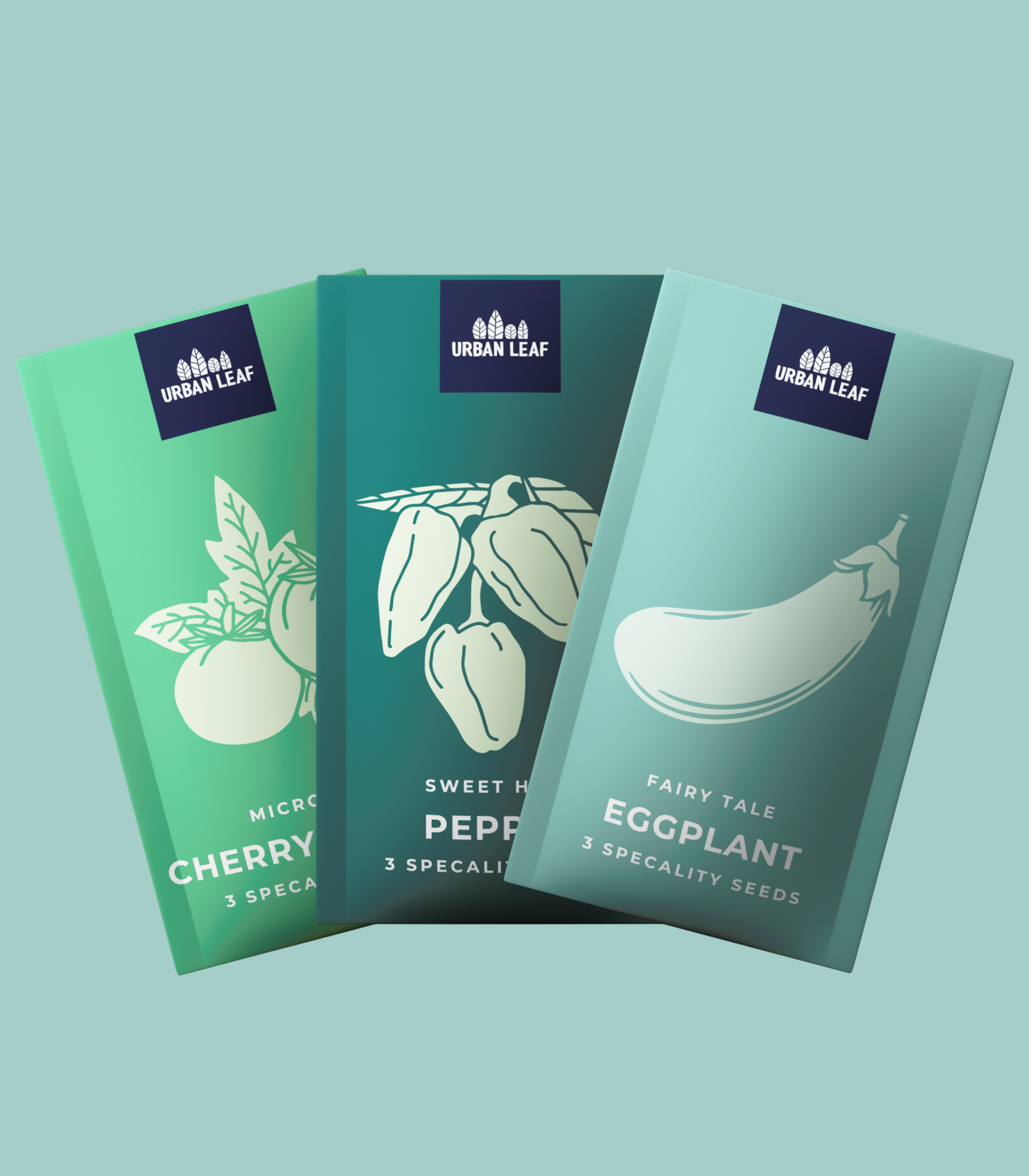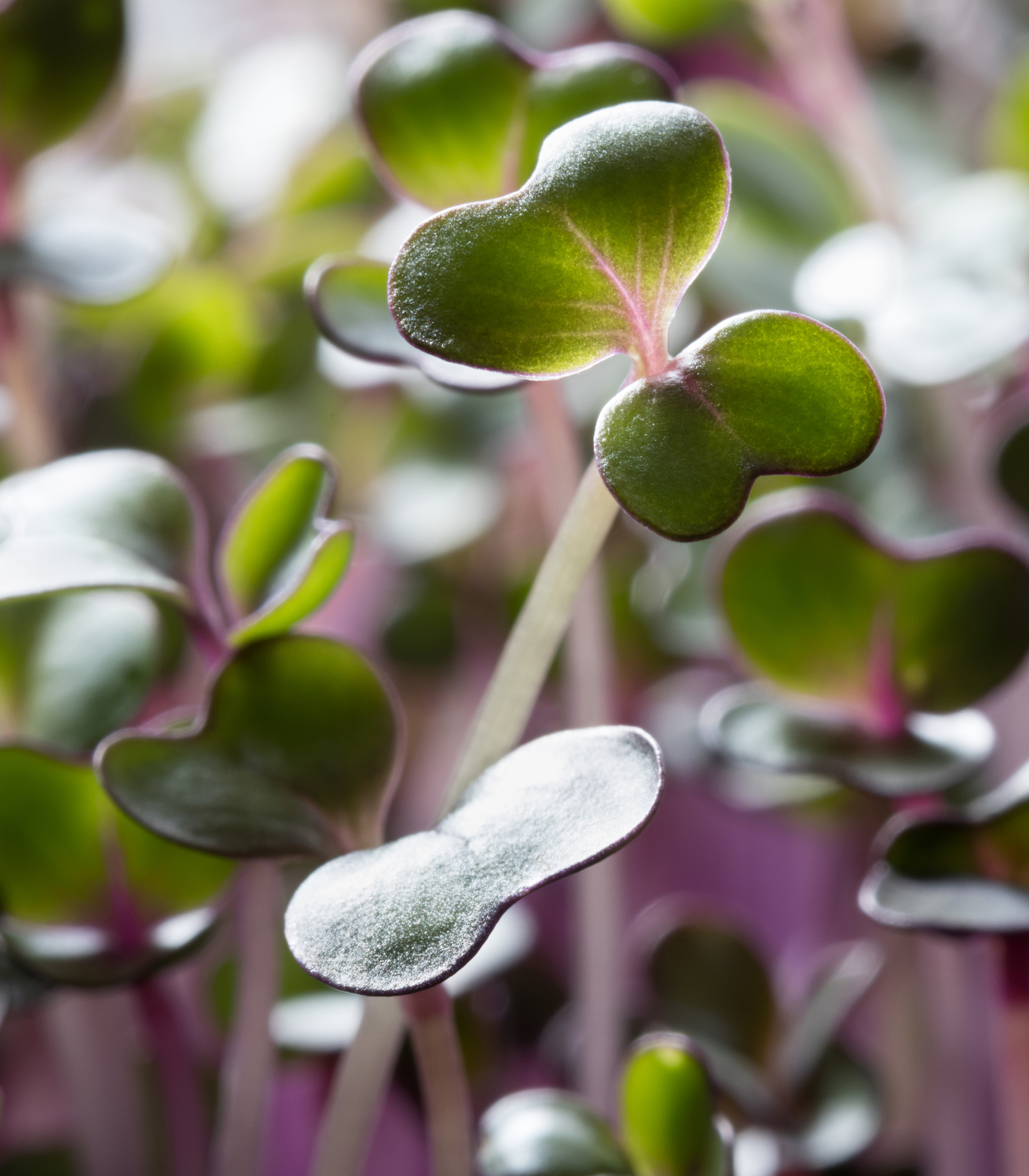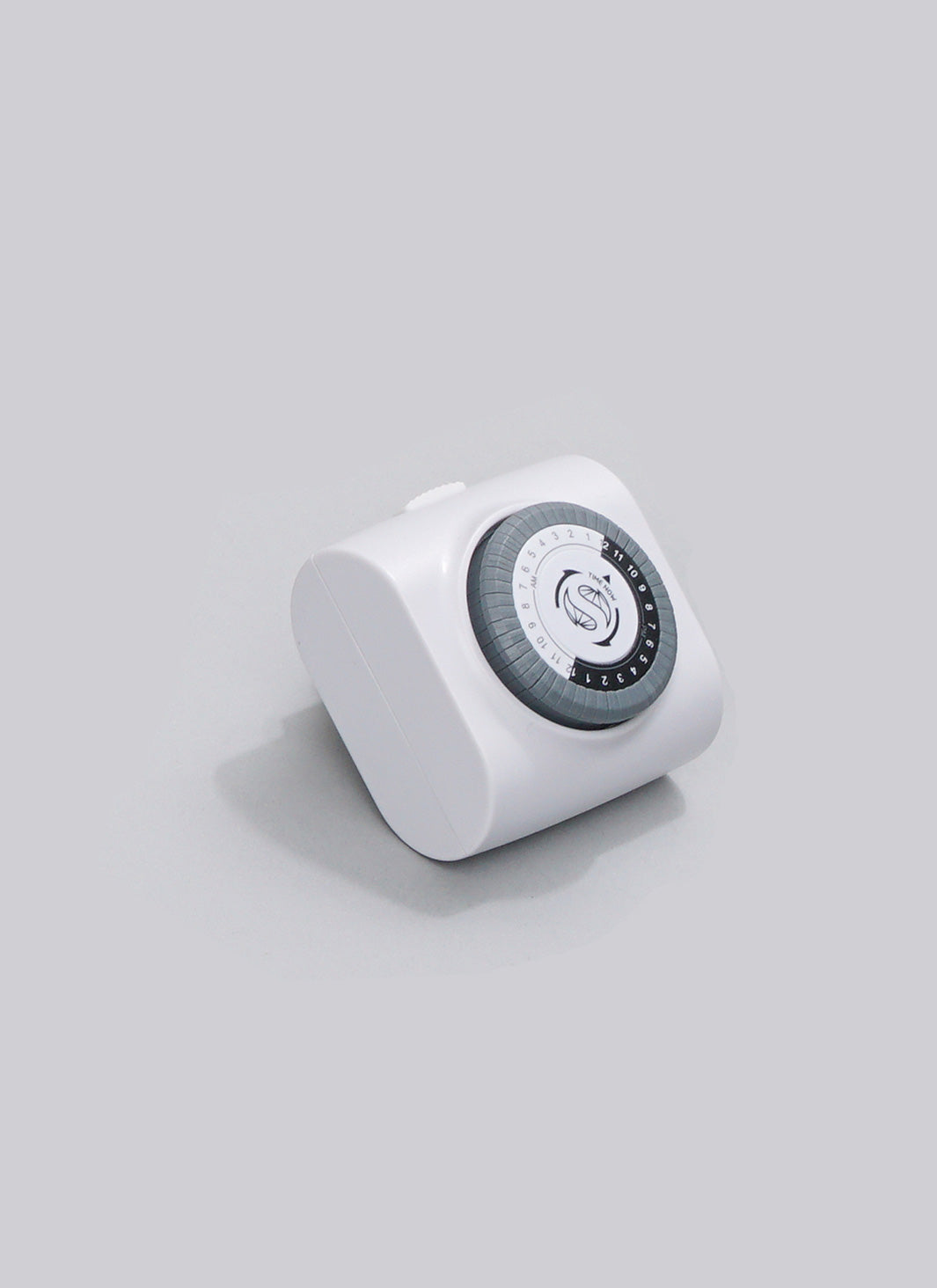Nobody likes dealing with pests or plant diseases, especially when it comes to caring for your beloved garden. While bugs can be, well, a bit of a nuisance, it's important to remember that they are a part of nature's cycle. Instead of dreading them, we can learn to manage them effectively, ensuring our indoor and outdoor plants thrive.
In this blog, we’ll share some of the best practices for organic pest control and disease prevention, along with tips on how to reduce pests and diseases even before your seeds sprout.
Integrated Pest Management (IPM): The Key to a Healthy Garden
The most effective way to keep pests out of your garden is through Integrated Pest Management (IPM). This approach combines several strategies to prevent infestations before they start. Here’s how you can apply IPM in your garden:
Isolation and Examination
When you bring a new plant home, keep it isolated for 1-2 weeks. This helps you spot any tiny eggs or pests before they can spread to other plants. Use a magnifying glass to inspect the undersides of leaves, where pests often hide. This simple step can save you a lot of trouble down the line.
Screening Your Plants
Whether you’re growing an indoor herb garden or tending to a balcony oasis, screening your plants is crucial. After isolating your new plants, consider using protective covers to keep them safe from pests. Don’t forget to check the soil as well; some pests like pillbugs and millipedes might be hiding there, though they usually cause little harm.
Sanitation: A Clean Garden is a Happy Garden
Regularly removing dead leaves and plant debris is essential in preventing pests and diseases. Bugs can thrive on decaying plant material, so keeping your garden tidy is a must. For indoor plants, make sure to clear out any fallen leaves or debris from the soil to avoid mold and disease.
Common indoor garden pests include spider mites, whiteflies, fungus gnats, and brown scale. If you spot scale on your plants, a simple DIY remedy involves using cinnamon on the soil or a mixture of hydrogen peroxide and water to spray the plants. For persistent issues, a natural soap spray can work wonders. Here’s a quick guide:
- Cover the soil with a plastic bag to prevent pests from falling into it.
- Spray the plant with a natural rosemary-based soap.
- Use your fingers to gently remove the scales from the plant, discarding them into the bag.
- Rinse the plant thoroughly with water to remove any soap residue.
- Monitor the plant for the next few days, repeating the process if needed.
Choosing Disease-Resistant Plants
Indoor and outdoor crops can be susceptible to diseases, but choosing disease-resistant varieties can make a big difference. At Urban Leaf, we carefully select seeds that are not only compact and high-yielding but also resistant to common diseases.
H-19 Little Leaf – Organic Cucumber Seeds
These seeds offer broad disease resistance and stress tolerance, making them ideal for urban gardens. They are resistant to anthracnose, bacterial wilt, and powdery mildew, among others.
Bobcat – Beefsteak Tomato
This variety is perfect for both garden beds and patio containers. It boasts a high yield of large, globe-shaped fruits and is resistant to Fusarium wilt and other common tomato diseases.
At the end of the day, pests and diseases are a natural part of gardening. While discovering an unwanted critter can be discouraging, with proper treatment and a focus on plant health, most issues are easily curable. If you have any questions, feel free to reach out to us on Instagram or join our private Facebook group for more tips and support!








There are no comments for this article. Be the first one to leave a message!